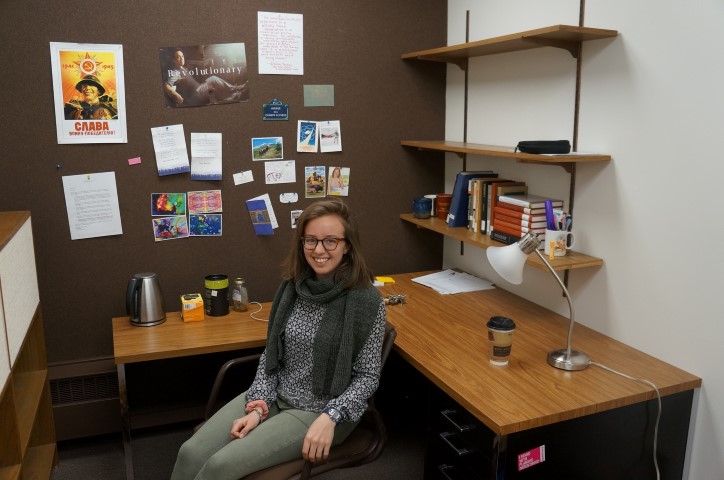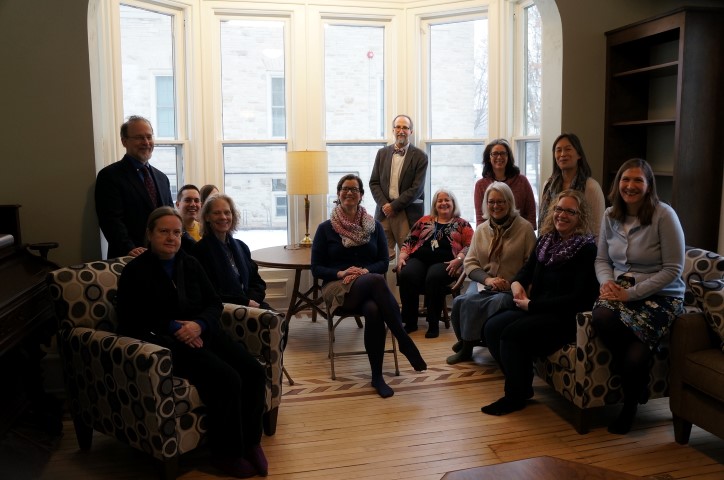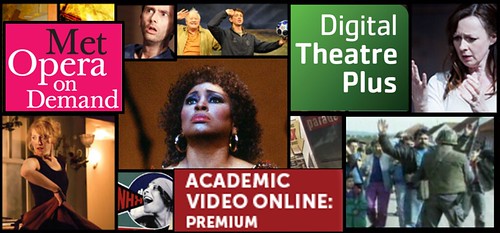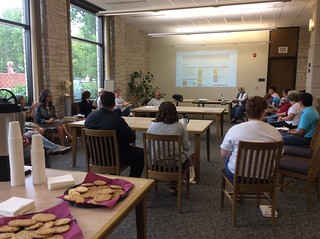 Engage with YOUR library this summer! Enjoy coffee and treats while you learn about resources, Lawrence, and other topics to enhance your personal and professional development. All staff and faculty are welcome. We’ll gather on the first floor of the Mudd Library; sessions begin promptly 10 a.m. and last no longer than an hour.
Engage with YOUR library this summer! Enjoy coffee and treats while you learn about resources, Lawrence, and other topics to enhance your personal and professional development. All staff and faculty are welcome. We’ll gather on the first floor of the Mudd Library; sessions begin promptly 10 a.m. and last no longer than an hour.
Find resources and books discussed at our coffeehouses on our handy Coffeehouse Guide.
July 12: Summer Reading
Books are our friends! Introduce yours and prepare to meet new ones at this ever-popular and fun Summer Reading Coffeehouse.
July 26: Streaming Media Sources
Can you step into the same river twice? You can with streaming media. The library provides access to a number of sources for streaming audio and video; come learn about resources from our subscribed databases like Academic Video Online and from Lux, the digital home for the scholarly and creative works of Lawrence University.
August 9: Lawrence and World War I
The United States entered the first World War, which had started in Europe almost three years earlier, in April 1917. The war had profound and lasting effects at Lawrence. Enrollment plummeted as students enlisted; anti-German sentiment took hold; students were quarantined with Spanish influenza; and the college contracted with the government to host a unit of the Student Army Training Corps. Join Archivist Erin Dix for a discussion of this often-overlooked period of our history, featuring documents from the LU Archives.
August 23: Movement and Mindfulness in the Mudd
You’ve heard about mindfulness and the scientifically-proven benefits that practitioners enjoy, including increased productivity, improved concentration and mental clarity, heightened compassion and self-awareness, better sleep, and deeper relaxation. Join us to learn some simple mindfulness techniques and gentle yoga stretches you can do at your desk. The practice is simple. Showing up is the challenge!
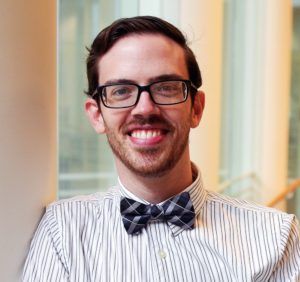 Editor’s note: We invited Lawrence alumni who have gone into library work to share with us what they do and how they got there. Just in time for reunion, here’s another in a series.
Editor’s note: We invited Lawrence alumni who have gone into library work to share with us what they do and how they got there. Just in time for reunion, here’s another in a series. 
